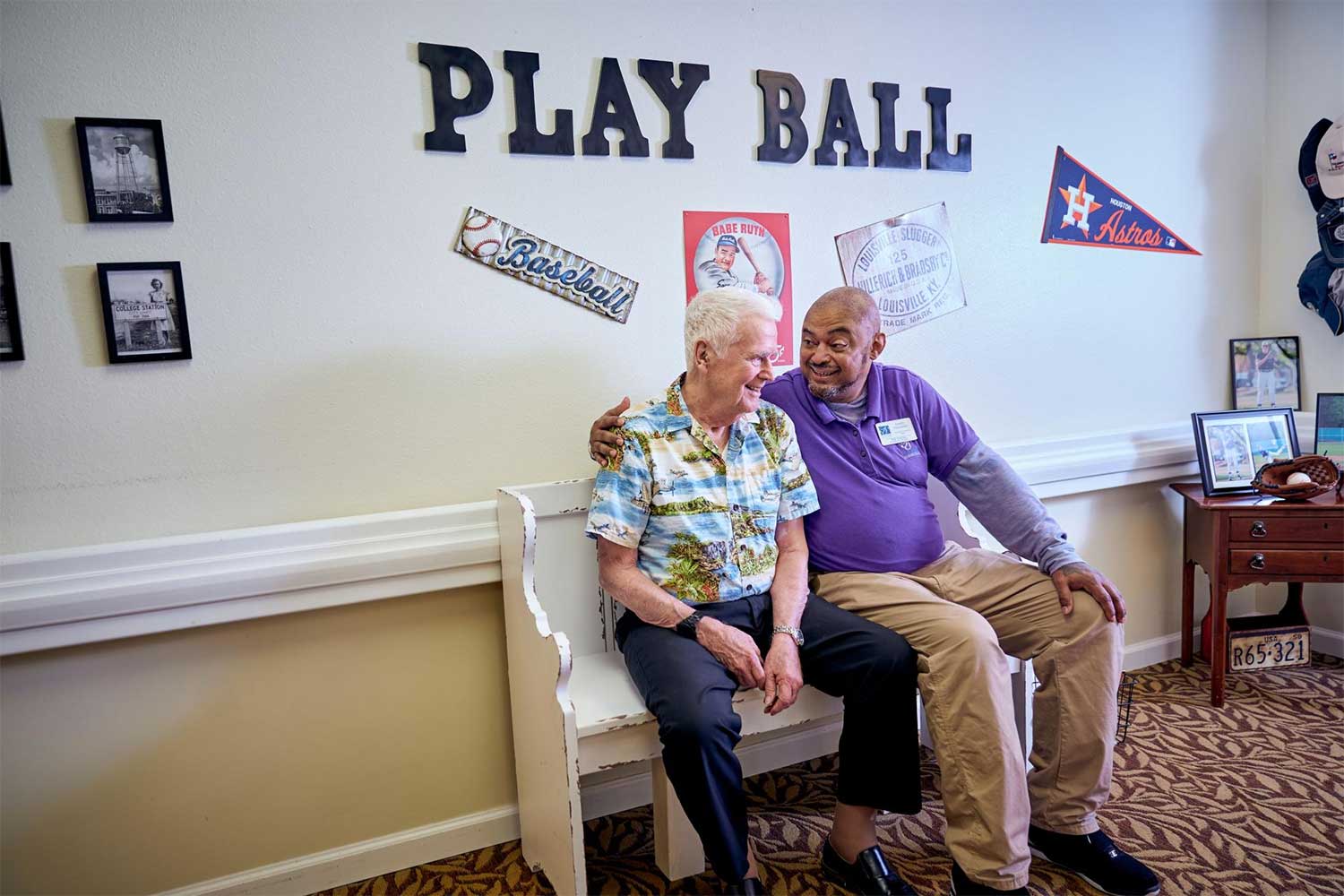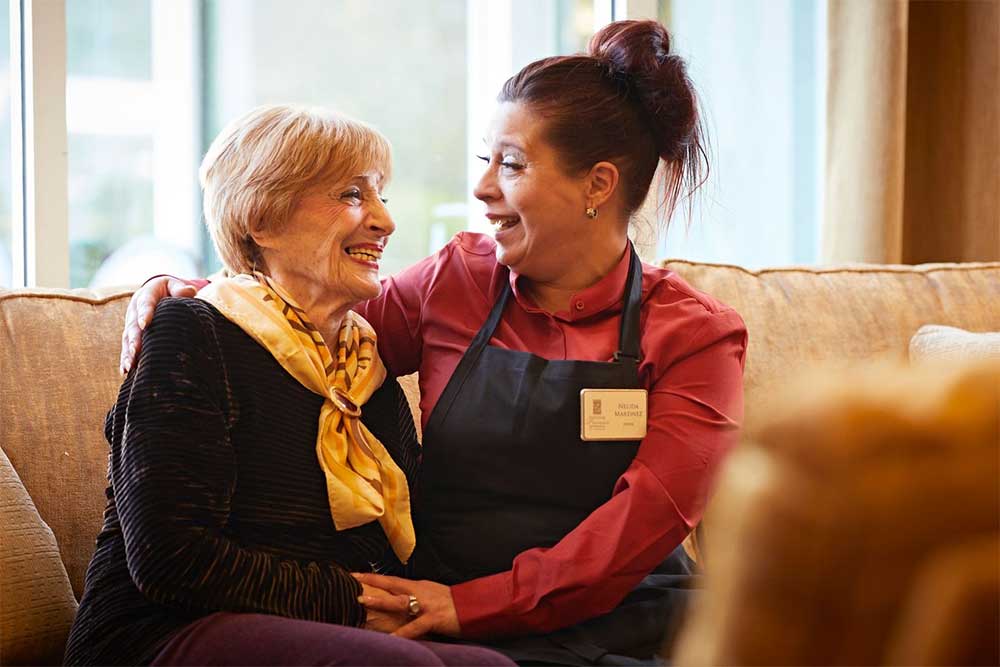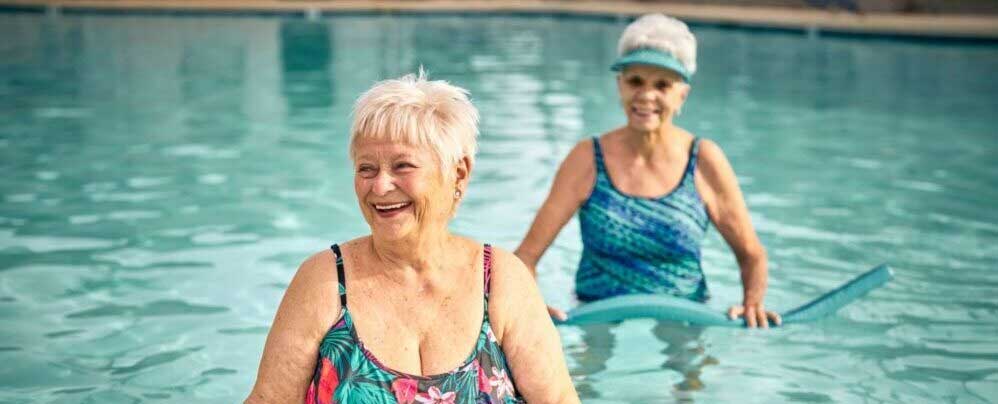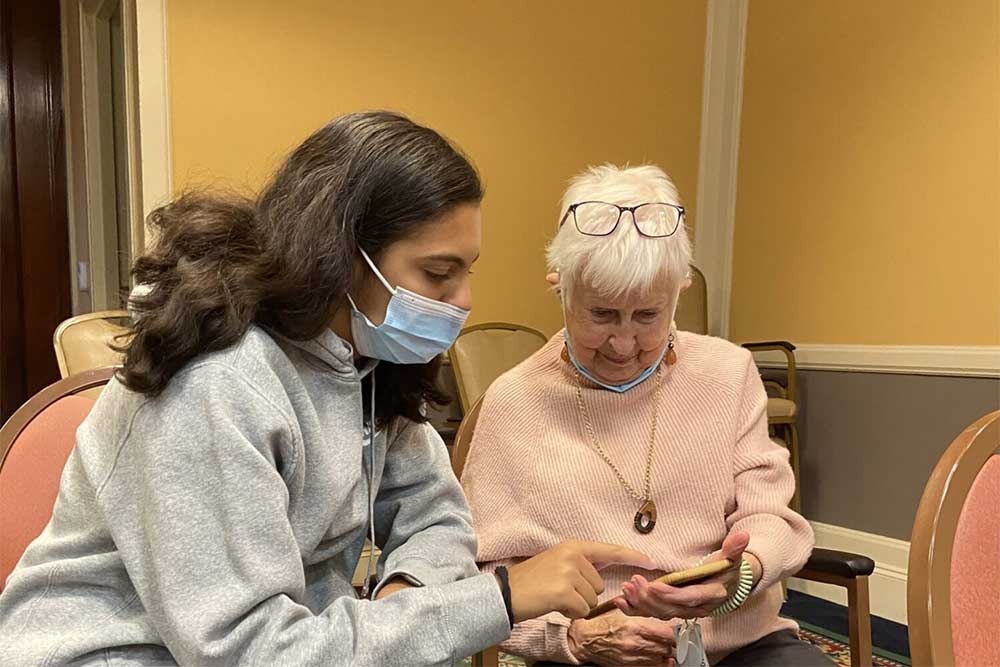Nearly 6 million Americans are living with Alzheimer’s disease, and that number is projected to rise to 13 million by 2050, according to the Alzheimer’s Association.
Understanding the signs and symptoms of Alzheimer’s can help improve the quality of life for those with it and for those who may be undiagnosed. Read on to learn more about this disease, how memory care can help older adults with Alzheimer’s find joy and fulfillment, and to hear directly from some of the extraordinary leaders at Five Star Senior Living and Ageility who are working in our communities to relate, motivate, and appreciate memory care residents.
What is Alzheimer’s Disease?
Alzheimer’s disease is a progressive neurological disorder that causes the brain to shrink and brain cells to die resulting in memory loss, confusion, and cognitive decline.
Alzheimer’s is the most common form of dementia. Dementia is not a disease itself, but is an umbrella term for a group of thinking and social symptoms that interfere with activities of daily living (ADLs) such as using the phone, shopping, cooking, and taking medication. Symptoms can include memory loss, changes in mood and personality, poor judgment, and difficulty completing familiar tasks. Recognizing signs early on can help make a major difference in a person’s quality of life as the disease progresses.
It’s not known what exactly causes Alzheimer’s. However, experts believe it’s not one single cause, but rather a group of several factors that can affect people differently such as age, family history, diet, and alcohol consumption.
Memory Care
Even though Alzheimer’s is a progressive disease, there’s a misconception that a person with the disease will have an unfulfilling life. At memory care communities, a person living with Alzheimer’s or other forms of dementia can live in a safe and warm environment with skilled team members and engaging activities to promote their wellbeing. Learn more about what memory care is.
At Five Star Senior Living, a division of AlerisLife, our approach includes all of this and much more. We’re reimagining Alzheimer’s care with Caregiver fatigue, a mental or physical state of exhaustion, is very real.
Heidi says that caregivers should make sure they take care of themselves. Alzheimer’s is one of the hardest diseases to care for—it becomes worse as time goes on and each day poses new challenges.
“Be patient with yourself and be patient with your loved one,” she said. “It’s hard, but you’re not alone. Asking for help is important. It’s not selfish—you need to take care of yourself to take care of your loved one.”
Caregivers have lots of options available to them for support like the National Center on Caregiving, National Institute on Aging, and more.
There are ups and downs when you’re a caregiver. Alzheimer’s symptoms include behavioral changes which can be challenging for caregivers to handle, especially when that caregiver is a family member.
“Caregiver burnout is so real. It’s really hard to take care of somebody and understanding the disease can help,” Nicole said. “One thing you can do is breathe. Three deep breaths is all it takes for you and the person with the cognitive loss. It dramatically reduces whatever is their feeling at the moment.”
Deciding to move a loved one on to memory care is no easy decision. Many factors can play a role, but it’s important to remember to do what’s best for your loved one, which can sometimes mean letting someone else take care of them.
While there are nearly six million Americans living with the disease, it’s important to remember that dementia is not a normal part of aging.
“A lot of people think it might be normal, but it’s not,” Heidi said. “Forgetfulness is normal, but the confusion and everything that comes along with dementia is not normal.”
Our Mission
The decision to move a loved one to a memory care community is not an easy one, but we’re here to help and welcome your loved one as part of our family. Our skilled team members make it their mission to offer the best and most innovative approach to care.
Five Star Senior Living offers small and intimate memory care neighborhoods where your loved one can discover engaging activities and a renewed sense of purpose in a personalized environment that feels just like home sweet home.
We can help you find the right memory care community for your loved one to thrive at this new stage of life.





